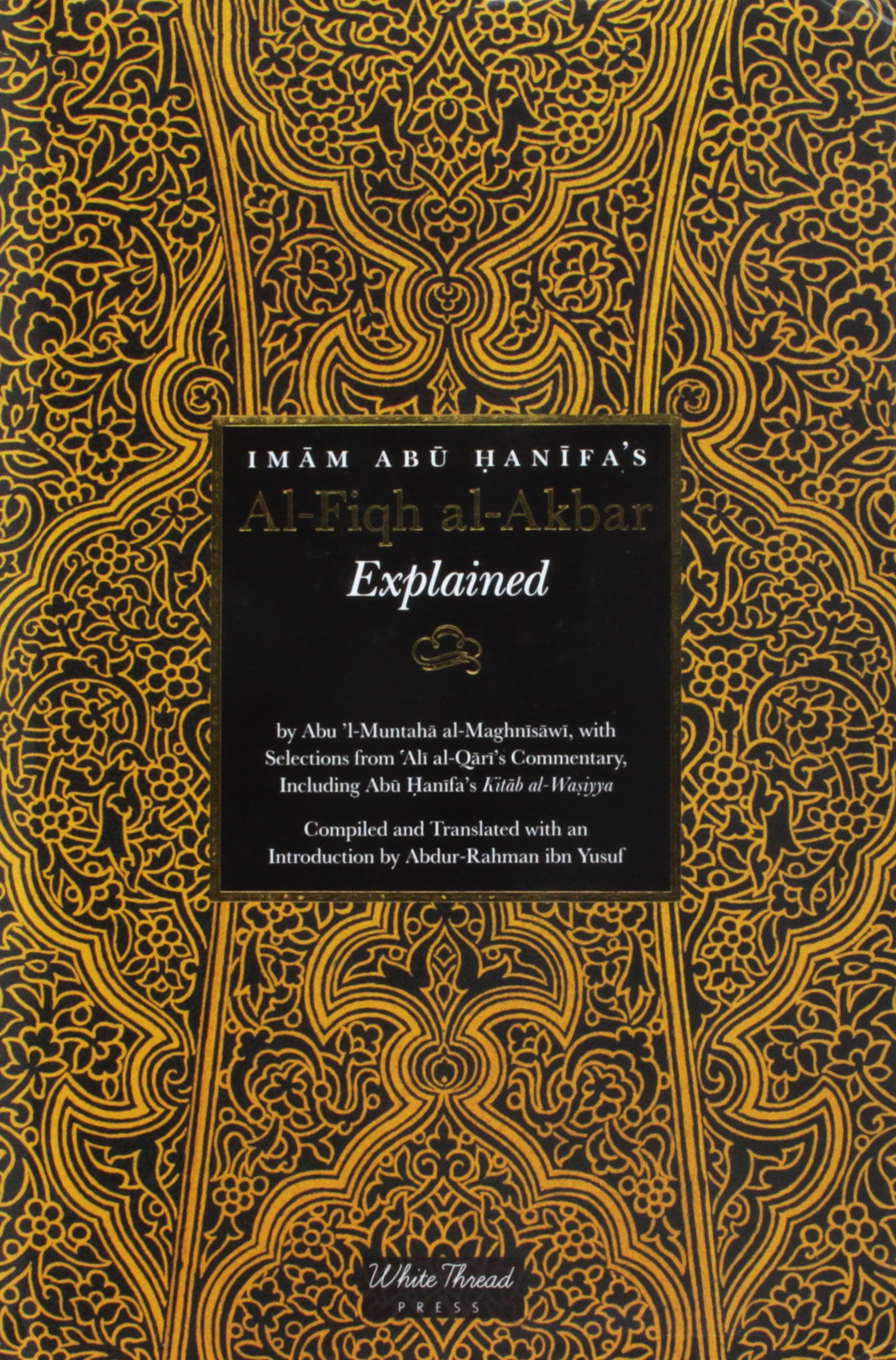


Purpose-This paper aims to explore the practical role of maqasid al-Shari'ah in applying fiqh muamalat to the reality of modern banking practices. The results of this study are also supported by concrete support methods, comprising maqasid al-syariah, wasatiyyah, and ihsan. Hence, if profit-taking activities is multiplied extra than the normal standard, it can lead to the implication of ad'afan muda'afah. The findings also show that profit-taking guide follows the half, double, or triple profit-taking rate based on facts of the additional costs incurred. The study discovered that government can control the price of goods and rate of profitability taken by entrepreneurs in order to stabilize the price of goods in the market and avoid any kind of manipulation activities.

The findings of this study show that profit-taking standard rates are based on local customs, such as double of the capital. The methodology of the study is qualitative, in which datas and informations were collected through literature studies and then scrutinized using content analysis. Based on the issue, this study aimed to investigate profit-taking rates from muamalat perspective. Consequently, it has increased burden to customers in term of purchasing power as well as has raised the price of goods. The absence of profit-taking rate guideline in Islam has caused misunderstanding and manipulation among sellers or businesspersons who deliberately take advantage by charging an excessive profit rate.


 0 kommentar(er)
0 kommentar(er)
